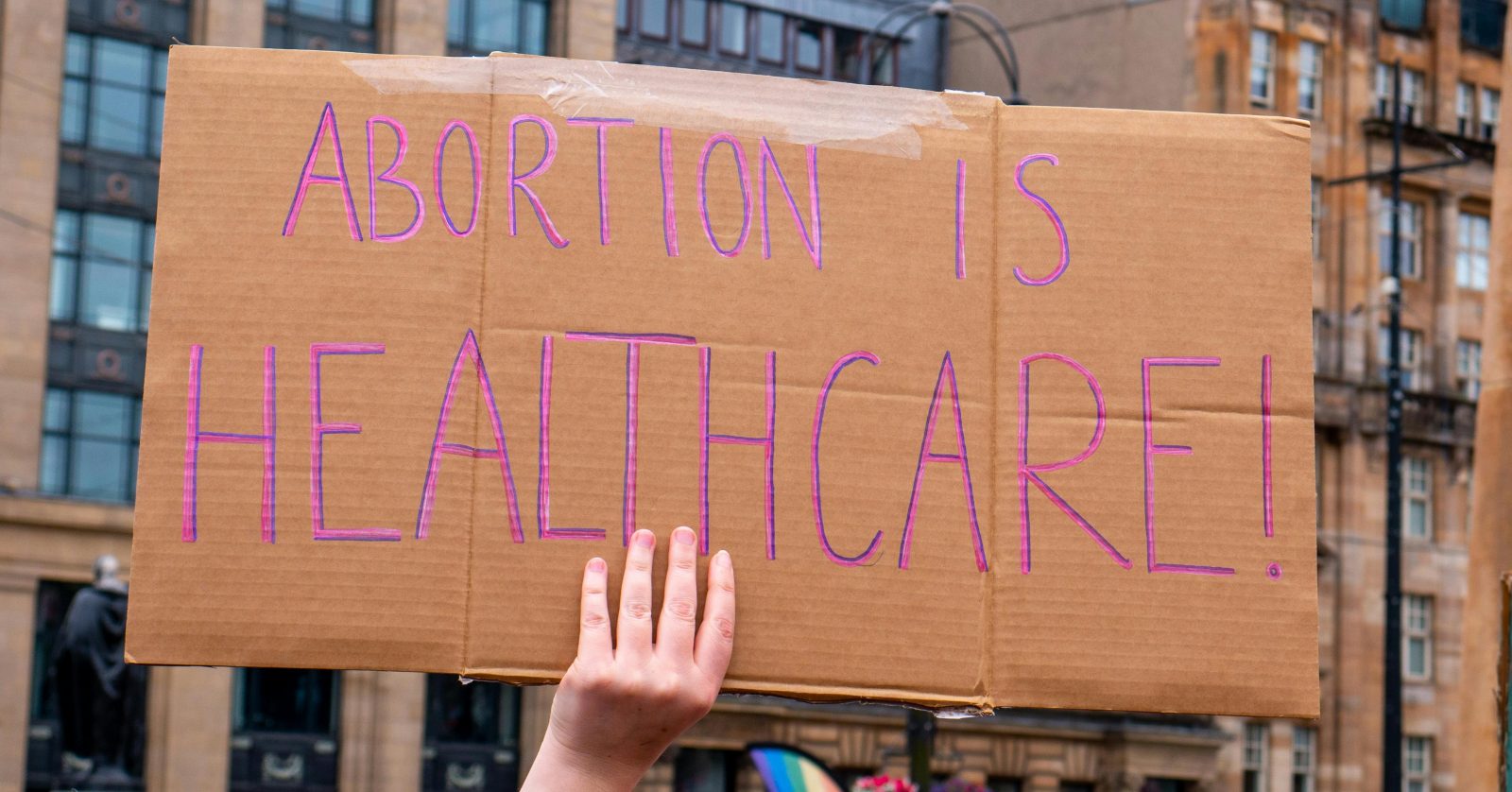A group of doctors in South Carolina has filed a lawsuit against the state’s abortion ban, arguing that the law limits their ability to provide essential care based on their religious beliefs. This legal battle, which has national significance, focuses on how the state’s 2023 “fetal heartbeat” law prevents medical professionals from offering abortion care in situations that are morally and religiously required.
The case comes after South Carolina passed a law that bans most abortions once a fetal heartbeat is detected, usually around six weeks of pregnancy. This ban leaves many women unable to make a decision about their pregnancy before they even realize they are pregnant.
One couple in South Carolina experienced this painful situation when doctors discovered that their unborn child had a fatal genetic disorder called triploidy. This condition causes the fetus to develop abnormally, and doctors informed the couple that their baby would likely die soon after birth or while still in the womb. But because the fetus still had detectable cardiac activity, the law did not allow them to terminate the pregnancy. The parents chose to leave the state and sought abortion care in Virginia, where the procedure was legal.
This case has become a symbol of the deep tension between state laws limiting abortion and the personal and professional beliefs of doctors. The doctors, led by Dr. Natalie Dawn Bingham, are seeking protections for their right to provide abortion care based on their deeply held religious beliefs. The lawsuit claims that the state law violates their right to free exercise of religion under the U.S. Constitution.
Under the current law, abortions are allowed only in cases of fatal fetal abnormalities or when the mother’s life is at risk. However, the definitions of these exceptions are vague, leading to confusion and fear among doctors. Some worry that they might face legal consequences if their medical judgment is questioned or if their actions are later reviewed by prosecutors or medical boards.
Dr. Bingham, an OB-GYN in Columbia, South Carolina, explains that the law forces doctors to choose between their professional duty and their conscience. She and other doctors believe that providing abortion care in certain cases aligns with their religious and moral duties, as they seek to prevent suffering for both the parents and the unborn child.
The lawsuit, titled Bingham v. Wilson, challenges the law’s narrow exceptions and calls for more clarity. The doctors argue that while the law allows some exceptions for secular reasons, it discriminates against their religious beliefs, which also require them to offer abortion care in specific situations.
Dr. Bingham, who has worked in the state for nearly two decades, says that her profession has become more about navigating legal risks than focusing on patient care. She and her colleagues fear that their medical licenses could be jeopardized for making decisions they believe are necessary for the well-being of their patients.
The lawsuit also highlights how the law’s restrictions disproportionately affect young women, especially survivors of rape or incest. These women often don’t realize they are pregnant until it’s too late to access an abortion under the law. As a result, fewer abortions are being provided under the rape or incest exceptions, with less than five being performed in 2023. This raises concerns about the impact of the law on vulnerable populations.
The group of doctors is not alone in seeking conscience protections. Many medical professionals around the country are advocating for the right to provide abortion care based on their religious or moral views. The case in South Carolina may set a precedent for similar lawsuits across the country as the debate over abortion rights continues to evolve.
This legal challenge is part of a broader national conversation about the intersection of abortion laws and religious freedom. It raises important questions about how medical professionals should navigate laws that conflict with their deeply held beliefs. For now, South Carolina doctors are pushing forward with their case in hopes of achieving protections that would allow them to continue providing the care they believe is best for their patients.
(Source : newsbreak.com)













Leave a Reply